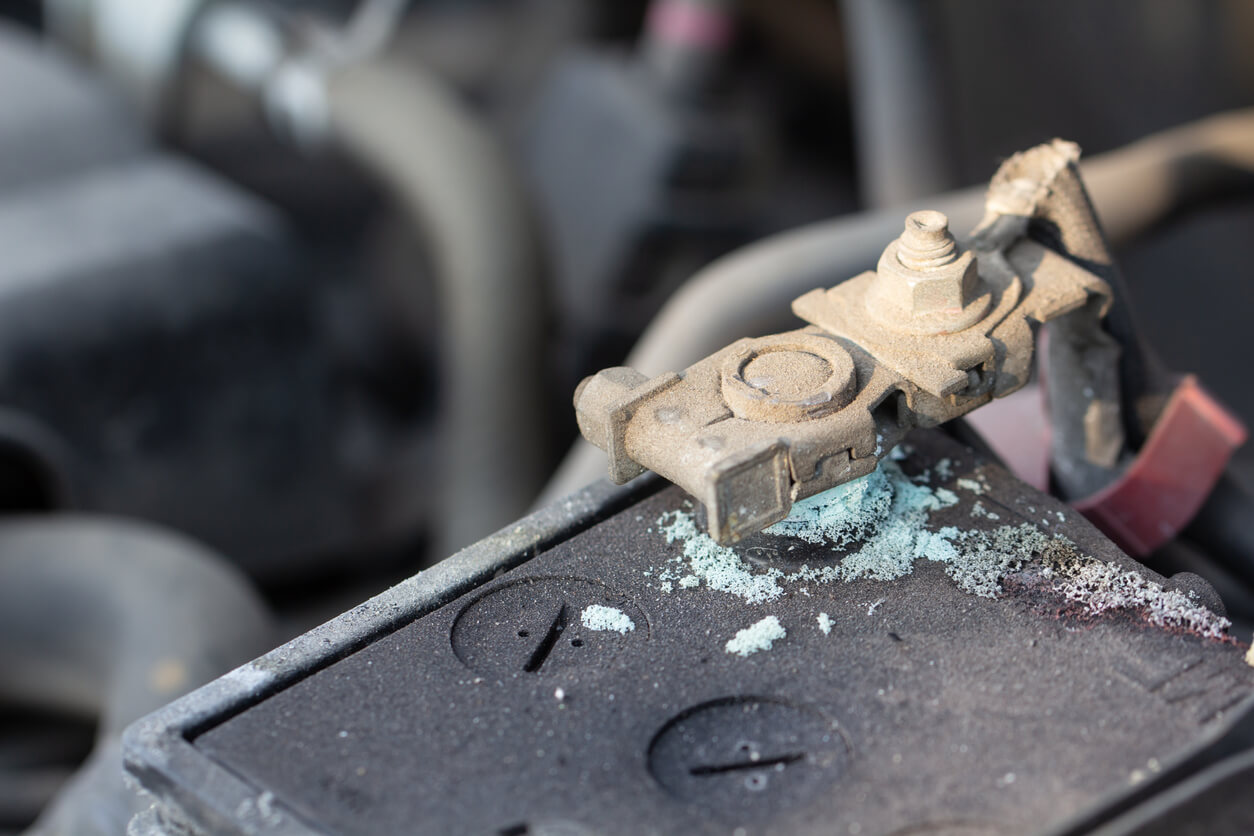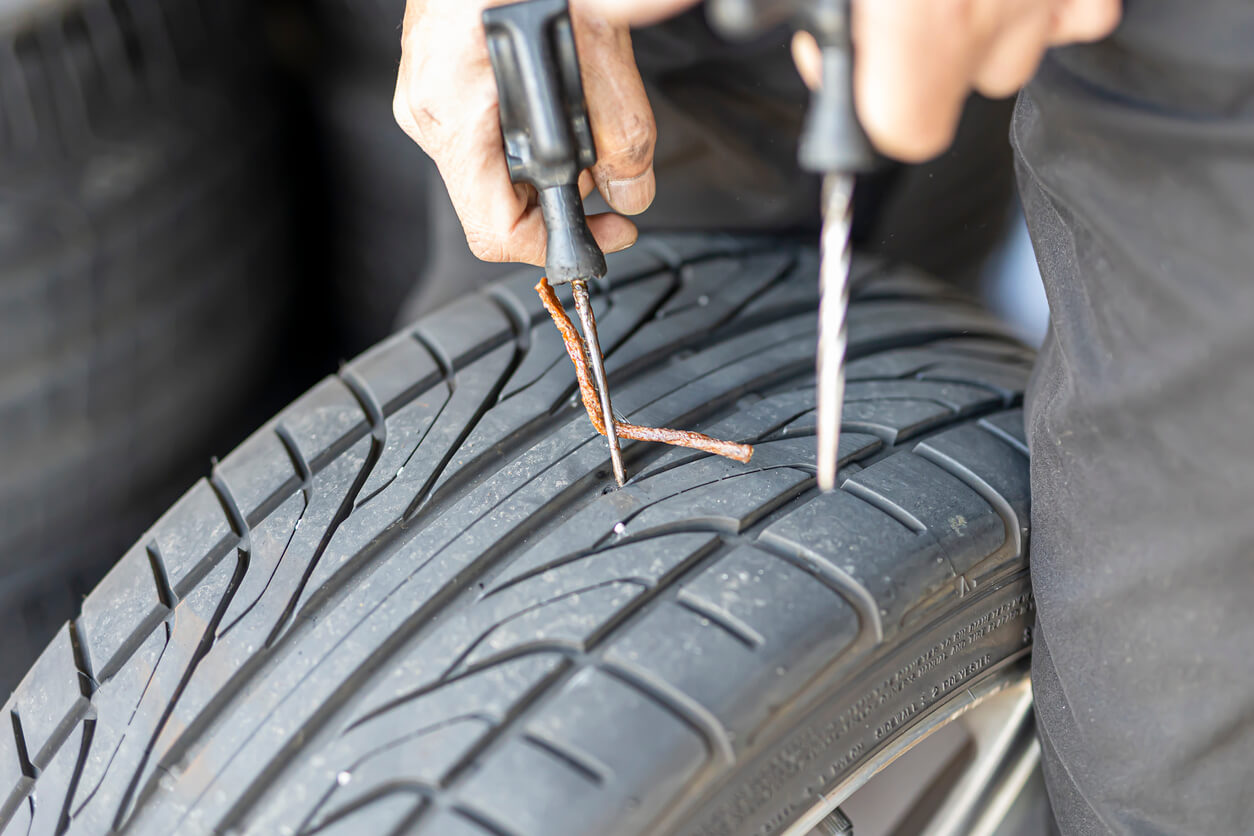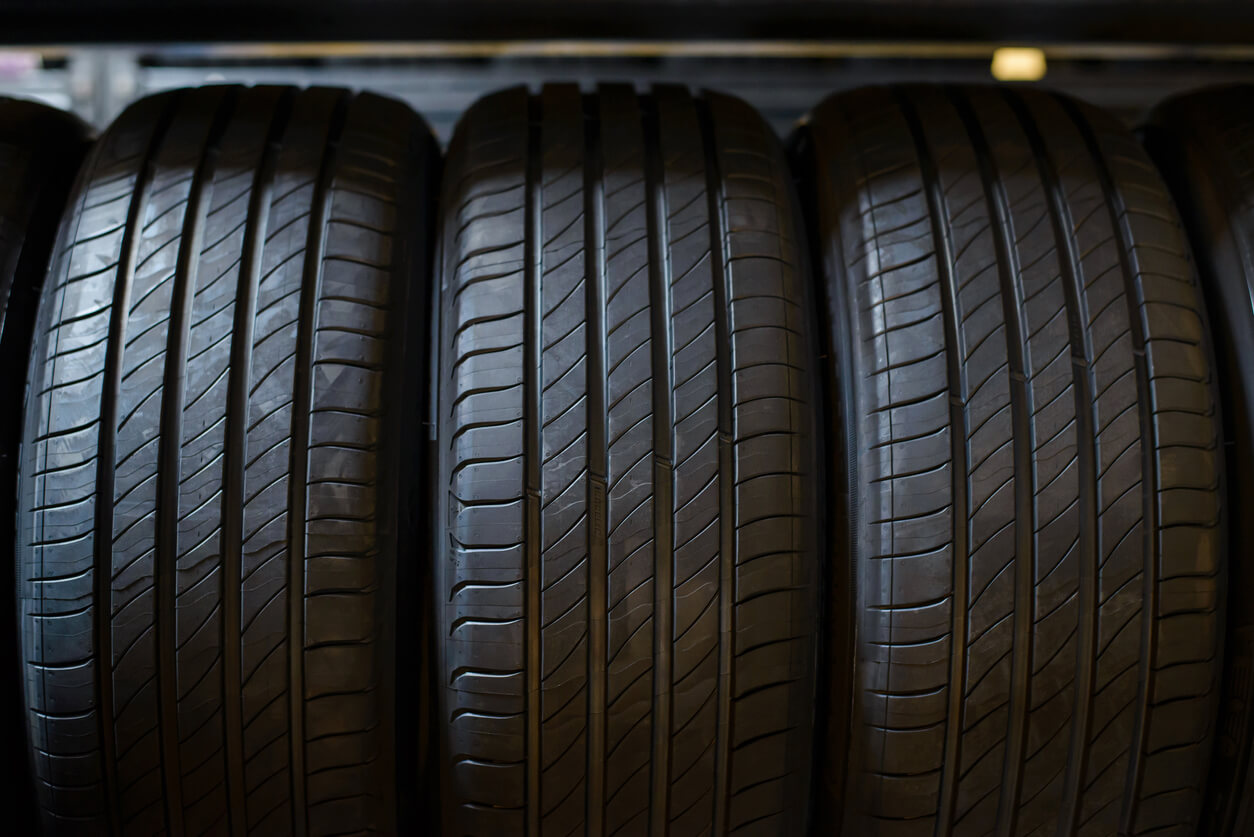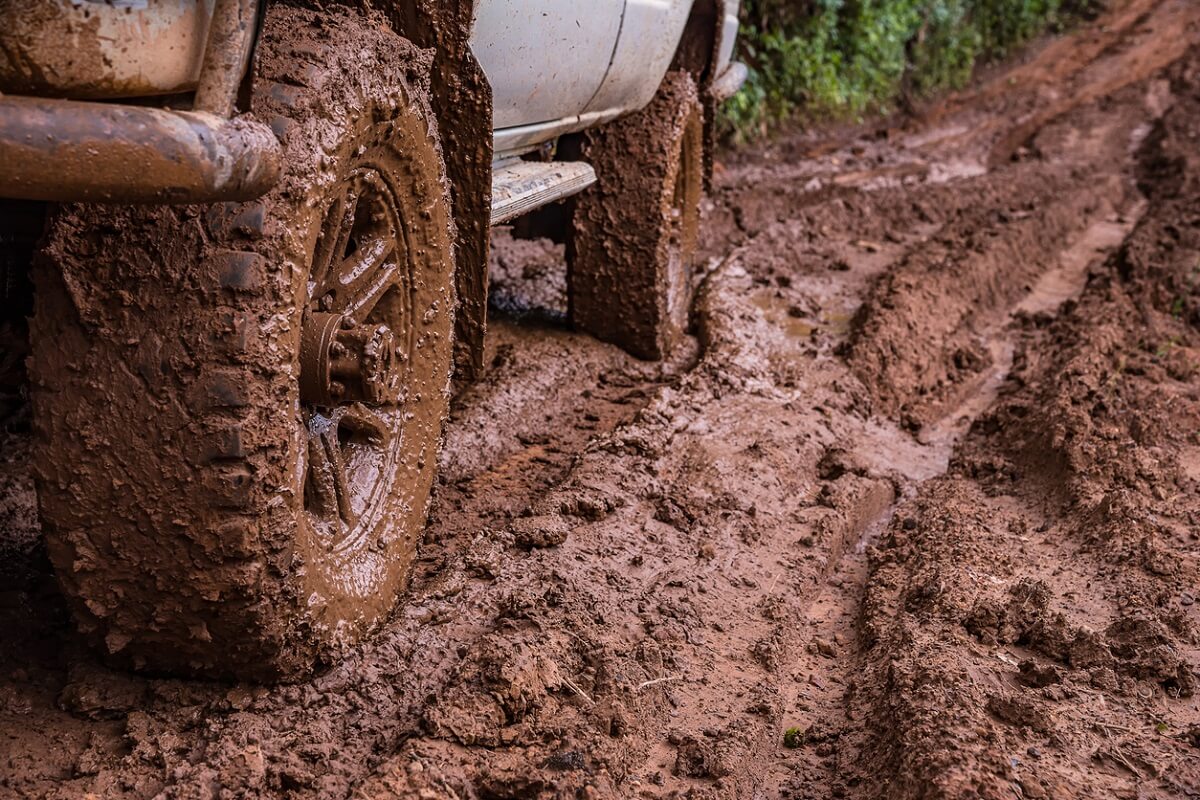There’s been a bit of debate recently in the media about the merits of creating some form of dis-incentive for people using ‘older cars’ on our roads, to encourage them to buy newer models.
On safety grounds alone, the idea is a no brainer.
Your average new Holden, even the most basic model, these days has an enormous array of electronically-driven safety features that were only a dream a few years ago, to both help prevent an accident and to protect occupants in the event of an accident.
Things like lane-change warning systems, automatic braking, active cruise-control, anti-lock brakes, stability control, blind spot warning systems, traction control and a myriad of other active safety systems are now commonplace on today’s cars, and make the driving environment safer for everyone.
And of course, with every passing year, the passive safety built into the structure of modern cars gets better, with ever-increasing strength through the design of impact absorbing crumple zones.
Another issue that would benefit the motoring community as a whole is that newer cars are generally cleaner and use less fuel … again a positive for all of us.
So, one that cursory level the suggestion to create some form of dis-incentive for drivers of cars older than the 2002 model year, to encourage them into newer models, makes perfect sense.
Critics of the idea raised a contrary view, however, which is that not everyone can afford a new car or a newer-than-2002 car, and that the older cars make the perfect ‘first car’ for young drivers.
Both points have merit … it’s a fact that not everyone can afford to spend much on a car, so they have to buy what they can afford, and that often particularly applies to first time car buyers.
In a utopian world, we’d all be driving the newest, safest cars possible, but that’s not the real world … humans with all sorts of priorities are on the road, some love cars and will buy the best, some don’t care and will spend as little money as possible.
The reality is that such dis-incentives to run cars older than 2002 are unlikely to get any traction in our society, for a whole lot of reasons, mostly political, and so we will continue to have a mixed ‘car park’ of cars on our roads for many years to come.
Irrespective, the key to individual vehicle safety is actually maintenance … even a new car won’t perform at its safety potential if it is not maintained properly. Equally, a well maintained older car is going to perform to its maximum safety potential, irrespective of age.
So, maintenance is about mechanical integrity, making sure the car is sound mechanically, and ensuring things like tyres are properly treaded, correctly inflated and not past their use-by date.
There’s also another group of motorists that would resist moves to get older cars off our roads, and they are those with an interest in the classic cars. These people look after and occasionally drive older cars as a hobby, and they most certainly wouldn’t be happy to see a dis-incentive introduced against older cars.
Enthusiasts all, their older cars are generally over-maintained and zealously looked after, so there’s no issue around the safety of the vehicle being compromised by being older. It’s just that, in some of them, there’s not a lot of safety features built in!
And to the point about the environment and fuel efficiency, these enthusiast-owned older cars generally do relatively so few kilometres on an annual basis, that those are not any sort of issue.
Enthusiasts will make their own call on the cars they drive, and no doubt the authorities will make allowances for that (as they do now, with special Club Registration), while for the rest of the motoring population my best advice is to buy the very best, most recent car, you can.
From a safety, economical and environmental perspective, it’s something we will all benefit from.
Keep smiling.
Craig.
























